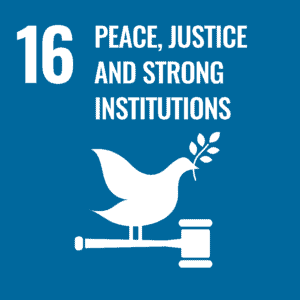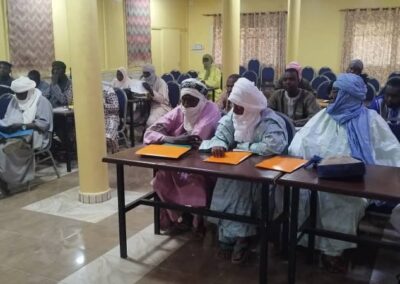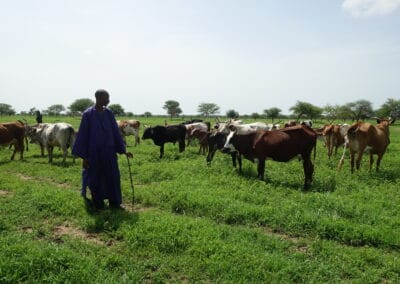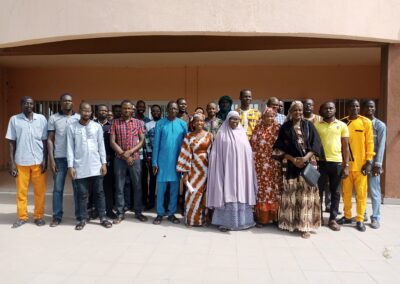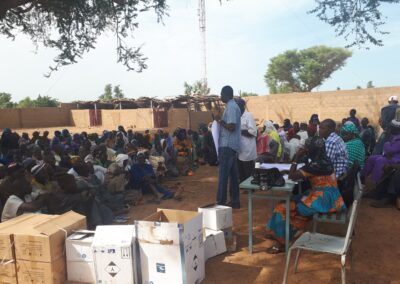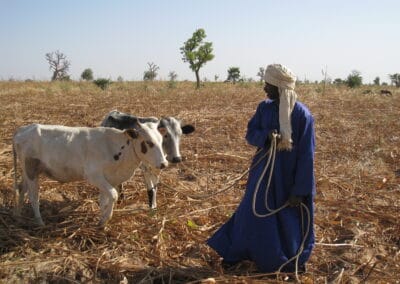Community and Institutional Resilience Project in Liptako-Gourma
Project Overview
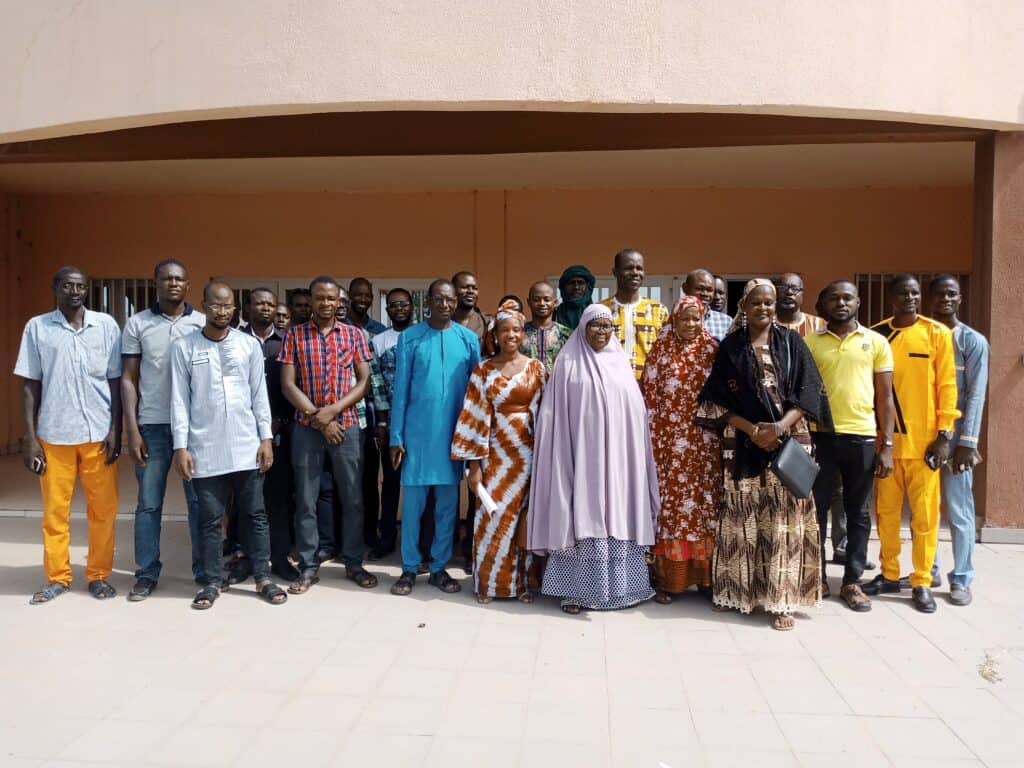
Project name
Ensemble, espérons
Project status
Active
Duration of the project
Start: |
15.12.2021 |
End: |
14.12.2024 |
Budget
CHF 1’052’632
Partners
- Réseau Bilital Moroobe (RBM)
- Autorité de Développement Intégré des Etats du Liptako-Gourma (ALG) in Burkina Faso
- Institut du Sahel (INSAH) (Establishment of the Permanent Inter-State Committee for Drought Control in the Sahel CILSS)
- Swisspeace
Project region
Topics
Tags
Background
ECOWAS has defined key points in its ECOWAS 2050 strategic document. One of these key points is cross-border regional cooperation. The Liptako-Gourma region is located at the crossroads of three countries, Niger, Mali and Burkina Faso. The region is regularly affected by conflicts and food insecurity is omnipresent. In addition, the region is also a known transit area for pastoral communities and their herds of livestock. These populations are often involved in rural land conflicts with indigenous populations. Because of these political, economic and ecological problems, the situation in the project area is very tense.
VSF-Suisse and its partners want to strengthen the resilience to food crises in the region and support institutions in conflict prevention. VSF-Suisse works with different partners in the region, including the RBM which is the implementing partner of the project. The project involves local communities and authorities as well as groups around Income Generating Activities (IGA). The exchange and development of economic relationships should help fight hunger and eliminate the breeding ground for conflict. Within the framework of the project, VSF-Suisse will focus on pastoral communities and their economic opportunities. The focus will be on capacity building and sustainable management of resources (especially pasture and water).
Objectives
With this project, VSF-Suisse and its partners want to contribute to the strengthening of local mechanisms for peaceful development in the Tri-border region (Burkina-Mali-Niger). These mechanisms should make it possible to cope with recurrent climatic shocks and to fight against insecurity.
Specific goals are:
1. Improve the effectiveness of local mechanisms, inclusive of all social components, in preventing and dealing with recurrent shocks and socio-security crises.
2. Local actors, through their respective organizations in synergy and with the support of institutional partners, diversify their livelihoods and conduct the main economic activities that respect the environment
3. Transversal, “triple Nexus” learning: The actors involved are engaged on a learning trajectory
Approach
VSF-Suisse has been active in Mali since 2004 and works along livestock value chains that contribute to improved income and increased food security. In line with the global strategy 2021-2024, the project uses the Triple Nexus approach to combine long-term local development with humanitarian and peacebuilding measures in the project. This approach is particularly suitable in unstable contexts, such as in the Liptako Gourma region, as it allows for flexible and efficient implementation of measures.
Which of the 17 UN Sustainable Development Goals does this project work towards?


